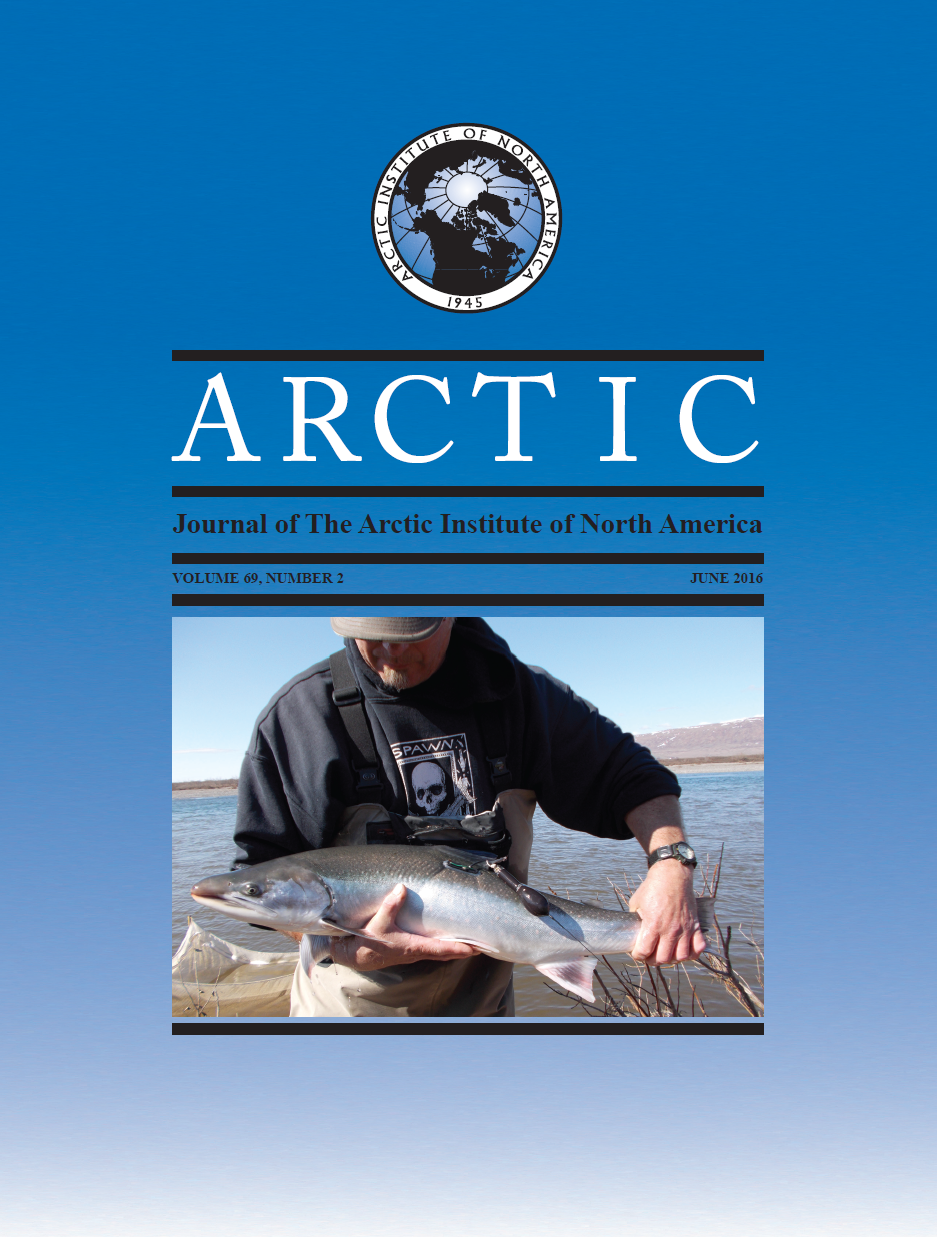Physical Activity Policy for Older Adults in the Northwest Territories, Canada: Gaps and Opportunities for Gains
DOI:
https://doi.org/10.14430/arctic4564Keywords:
older adults, physical activity, health, recreation, Northwest Territories, policy analysis, policy cycle, rural and remoteAbstract
In the Northwest Territories (NWT), Canada, the population of older adults is increasing, and this population reports much poorer health than other age cohorts. Given the number of benefits that physical activity (PA) can have for older adults, we analyzed policies concerning older adults and PA of both the NWT government and non-governmental organizations in the health, recreation, and sports sectors. Our findings indicate that although the majority of the organizations had no PA policies specific to older adults or Aboriginal older adults, some organizations completed all five stages of the policy cycle (agenda setting, policy formulation, decision making, implementation, and evaluation). Our analysis suggests that PA for older adults is not on the agenda for many organizations in the NWT and that often the policy process does not continue past the decision-making stage. To address the need for connections between all stages of the policy cycle, we suggest that organizations collaborate across multiple sectors and with older adults to develop a territory-wide, age-friendly rural and remote community strategy that is applicable to the NWT. Prioritizing age-friendly communities would, in turn, facilitate appropriate PA opportunities for older adults in the NWT and thus contribute to a healthier aging population.


